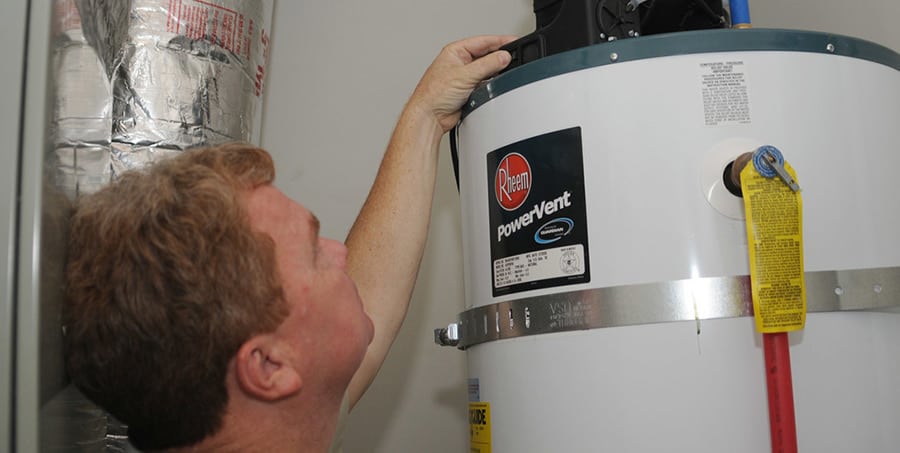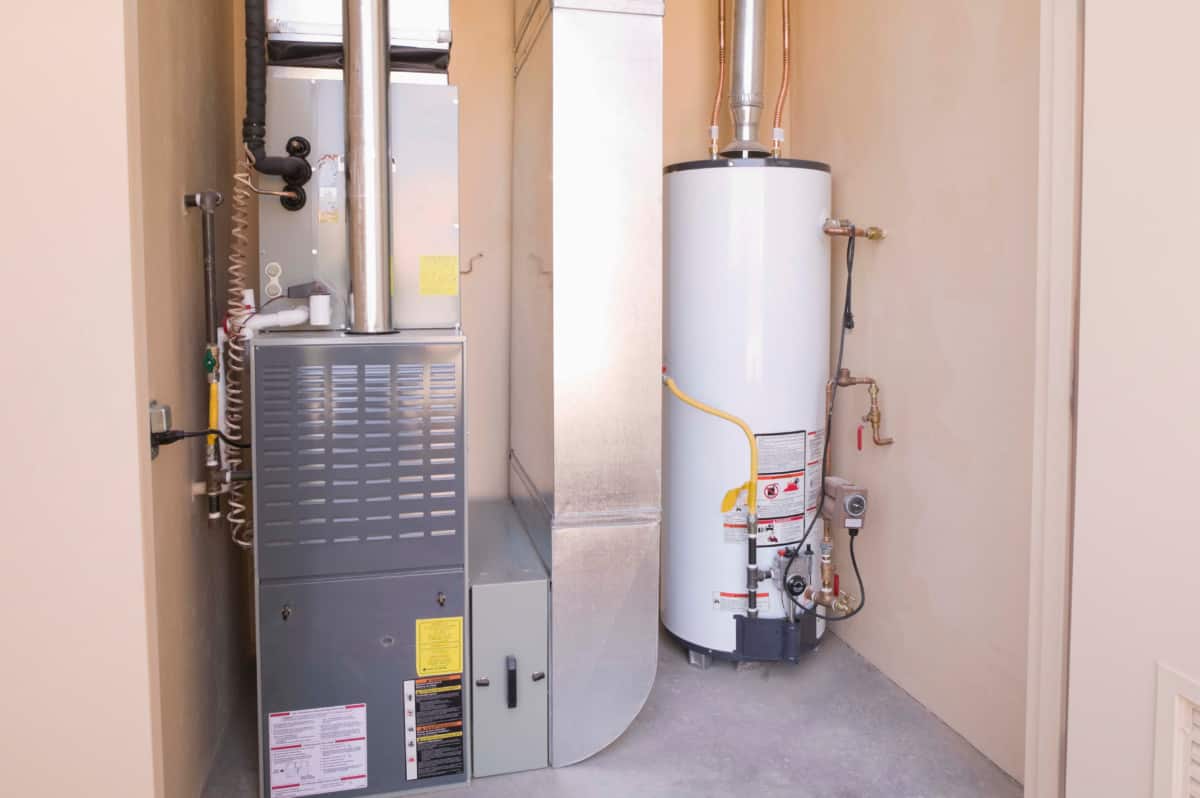Addressing the Everyday Heater Urgent Problems
Addressing the Everyday Heater Urgent Problems
Blog Article
How do you feel on the subject of Is Your Water Heater Leaking??

A water heater is among one of the most vital fundamental devices that can be discovered in a residence. With water heaters, you don't require to undergo the tension of home heating water by hand whenever there is a need to take a bath, do the laundry, or the dishes. There is constantly a possibility that your water heater would certainly act up as with the majority of mechanical tools.
It is necessary to keep in mind any type of little breakdown and also tackle it swiftly prior to things leave hand. A lot of times, your hot water heater starts to malfunction when there is an accumulation of debris as a result of continual usage. As a safety measure, regular flushing of your hot water heater is suggested to stop debris buildup as well as protect against practical failure.
Typical water heater emergency situations as well as how to take care of them
Insufficient hot water
Taking care of an inadequate supply of hot water can be aggravating. It may be that the water heater can not sustain the hot water demand for your apartment or condo. To manage this problem, you could attempt to adjust your heating unit's temperature level dial as well as wait for a few minutes. You can ask for the assistance of a specialist plumber if the problem continues. Alternatively, you can update your water heater to one with a bigger ability.
Changing water temperature.
Your water heating unit could begin generating water of various temperature levels usually ice scalding or cool warm. There could be a requirement to change either the thermostat or the home heating unit of your water heating system.
Leaky water heater storage tank.
A dripping container could be a sign of rust. It can create damages to the flooring, wall surface and electrical tools around it. You could also be at risk of having your house swamped. In this scenario, you must turn off your water heater, enable it to cool, as well as carefully try to find the resource of the issue. At times, all you need to do is to tighten a couple of screws or pipeline connections in cases of minor leakages. However if this doesn't work and also the leakage lingers, you might require to employ the services of a service technician for an appropriate substitute.
Discolored or stinky water
When this happens, you require to recognize if the issue is from the water or the container resource. If there is no funny scent when you run cool water, then you are certain that it is your water heater that is defective. The stinky water can be created by corrosion or the build-up of bacteria or sediments in the water heating unit container.
Final thought
Some house owners ignore little caution and also minor faults in their hot water heater system. This just causes further damages and also a possible full breakdown of your device. You need to deal with your hot water heater mistakes as quickly as they come up to avoid even more expenditures and unneeded emergency troubles.
With water heaters, you don't need to go through the anxiety of home heating water by hand every time there is a need to take a bathroom, do the laundry, or the meals. It may be that the water heater can not sustain the hot water need for your home. Your water heating unit could begin creating water of various temperature levels typically ice chilly or scalding hot. If there is no amusing smell when you run cold water, then you are certain that it is your water heater that is damaged. The stinky water can be caused by rust or the buildup of bacteria or sediments in the water heating unit container.
Water Heater Burst: Why This Happens And What To Do Next
Water Heater Explosion Warning Signs
Since storage water heaters are made of metal and store large volumes of heated water, they carry an increased risk of leaking or even exploding as they begin to rust at the fittings and seams over time. If the thermostat controlling the water temperature within the tank is faulty, or if mineral buildup inside the water heater prevents the thermostat from sensing the water’s temperature correctly, the water could become overheated. This will expand its volume within the tank, causing it to press at the tank’s fittings and seams. If these fittings and seams are rusted or corroded, the pressure could result in a leak or even an explosion.
Here are some risk factors and warning signs of an increased risk of water heater leak or explosion:
Your water heater is more than 10 years old. Your water heater makes clanking, banging or rumbling noises as it heats up, indicating that sediment has built up and hardened inside the tank. There is visible rust on the outside of the water heater, especially located at the pipe fittings or the seams that run down the tank. There is rusty water coming from your water heater, indicating that there may be rust building up inside. Your water heater is leaking, which could indicate either a crack somewhere in the tank or a malfunctioning temperature-and-pressure (T&P) relief valve. What To Do When Water Heater Leaks
If you find water dripping or seeping out of your water heater, or pooling around it, it means your water heater is leaking. If you find a leak, it may be best to call a plumbing professional to diagnose the problem and determine how best to handle it. If you choose to tackle it on your own, there are a few things you can do.
TURN OFF THE POWER
Next, shut off the power to the hot water tank at your home’s electrical breaker box. If you don’t shut off the power, the heating elements within the tank could continue to stay hot, which could pose a fire risk.
If you have a gas-powered water heater, you’ll also need to shut off the gas line leading into the tank.
FIND THE LEAK
Now it’s time to determine where the leak is coming from. Likely locations are the T&P valve, the drain valve or one of the pipes or fittings that feed into the top of the tank. If you see any rust or corrosion on the outside of your water heater’s tank, pipes or fittings, these could also be the source of the leak.
REPAIR THE LEAK
Once you determine the source of your water heater leak, you’ll have a better idea of what steps you need to take to fix the problem. It may be a simple fix—such as using a wrench to tighten fittings or replacing the T&P valve—but it may be something more complicated. You may even need to drain the tank, remove the water heater and install a new one.
https://www.abchomeandcommercial.com/blog/water-heater-burst/

We hope you enjoyed our section about The Importance of Water Heater Maintenance. Thank you for finding the time to read our article post. Do you know about somebody who is inquisitive about the niche? Do not hesitate to share it. Thanks so much for taking the time to read it.
Browse Our Site Report this page